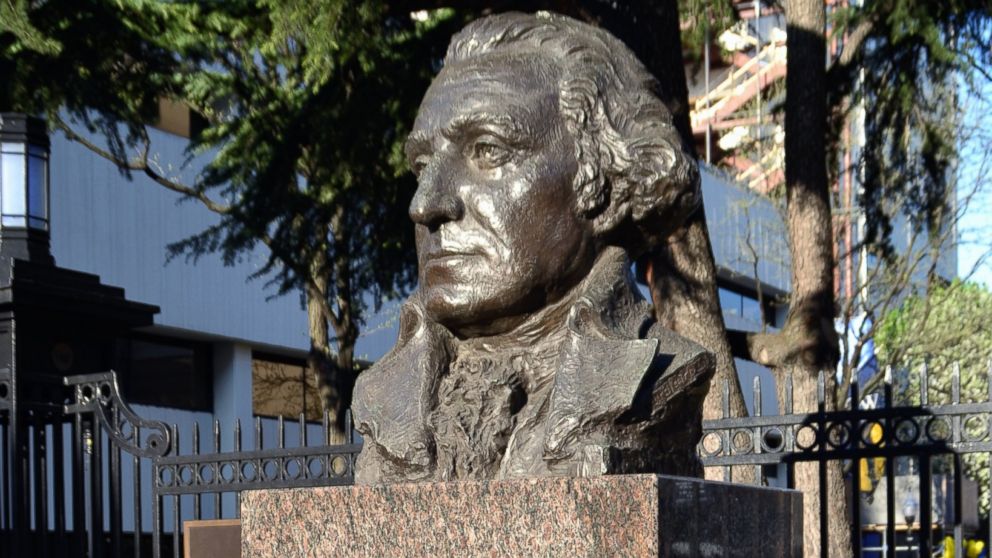George Washington University Faces Backlash Over 'Dishonest' Admission Policy
Even elite colleges are rethinking their financial aid packages.

Oct. 23, 2013. — -- George Washington University faced backlash from students and alumni this week as the campus newspaper reported that applicants had been led to believe admissions at the private institution were need-blind.
Administration officials acknowledged that some students who had asked for financial aid were put on wait lists merely because they could not afford the total cost of $61,918 to attend the private school.
The GW Hatchet, the campus newspaper, criticized the university's admission officers for failing to be honest with undergraduates, reporting that university officials even told students as recently as five days ago at an information session that it paid no attention to financial need in admission.
In December, the university revealed that for more than a decade it had "misreported" to U.S. News and World Report the number of its freshman class who were in the top 10 percent of their high school class. As a result, George Washington received an "unranked" rating.
"I am disappointed, but not surprised," Matt Corica, a 2007 graduate who lives in Randolph, N.J., wrote in an email to ABCNews.com. "Since I went there, the school has spent far beyond its means in an attempt to raise its profile and jump into the US News top 50; it makes sense that they would try to make up the difference by preferring full-boat over aid students at the margins of acceptance."
The news comes on the heels of a report today from the nonprofit College Board that even though average costs to attend the nation's four-year colleges and universities are stabilizing, the number of students receiving financial aid is shrinking.
Laurie Koehler, George Washington's newly hired associate provost for enrollment management, revealed that students who meet standards, but need more support, are wait listed in a Q and A provided by the university.
"I've been working hard on engaging the campus community more fully in the work of undergraduate admissions and trying to increase the transparency of admissions processes and policies," she said.
According to the university, about 10 percent of the 22,000 applicants in 2012 were put on the waitlist. Less than 1 percent of all waitlisted students are eventually accepted.
"Ten percent is an estimated maximum figure of those applicants, but of course, there could be as few as none," said George Washington University spokesman Dave Andrews.
How many moved to the wait list that are financial aid applicants "varies according to several factors such as the strength of the applicant pool, the financial aid budget and general economic conditions of the country," he said.
Last week, Koehler explained the "need aware" policy and had pledged to merge admissions and financial aid offices to boost enrollment and diversity.
Admissions representatives do not consider financial need during the first round of reading applications, she explained. But before applicants are notified, the university examines its financial aid budget and decides which students it can actually afford to admit.
George Washington officials provided this statement to ABCNews.com today:
"[The] story in the ... Hatchet may have given the impression that the university's consideration of student need in its admissions process has changed," it said. "The university's admissions practices have not changed with regard to how financial aid requests are factored in. What has changed is the new leadership in enrollment management. What we are trying to do is increase the transparency of the admissions process."
The university said that its policy is "need-aware," meaning that financial need is only considered during the end of the admission process. In the first review of applications, committees have "no knowledge of need."
"The Hatchet story suggests that the university's practice of need aware admissions automatically disadvantages students with need," the statement said. "Quite the contrary, our need aware admissions policy enables the university to provide more attractive aid packages for students with financial need while staying within our aid budget. More than 60 percent of our students receive grants from the university."
Many colleges and universities without hefty endowments use a "need-aware" policy, but observers and admission officers from other institutions say George Washington has, until now, been "dishonest."




